Changing the Culture of Research
Changing the Culture of Research
Patient-oriented research depends on everyone pushing beyond what is familiar and embracing new ways of working.
For Can-SOLVE CKD, this means active collaboration between patient partners, researchers, and policy-makers in all network projects and activities. We strive to create a culture change in kidney research based on the guiding principles of the SPOR Patient Engagement Framework: inclusiveness, support, mutual respect, and co-building.
Meaningful relationships between patient partners and researchers have led to presentations at professional meetings, co-authorship of publications, and inclusion in planning committees for local and international meetings. Patients’ participation in peer-review and evaluation has enhanced project relevance, and their ongoing input will support the implementation and sustainability of research activities. This strong foundation, built over the last five years, is the springboard for an ongoing transformation of kidney research to optimize patient care and improve outcomes.

“Can-SOLVE CKD has given me my voice. IPERC has given me my voice. And I think that people really need to tell their stories and really need to feel that they’re being heard.”
Cathy Woods
Co-Chair, Patient Governance Circle
Member, Indigenous Peoples’ Engagement and Research Council
2021 highlights
By the numbers
Generating New Knowledge
Generating New Knowledge
Through our 18 research projects, we are addressing the top kidney health priorities identified by patients.
Our research teams have produced impressive outputs during the network’s first phase. These include several initiatives that have rolled out on a provincial scale (e.g., improving living kidney donation; new self-management tools; use of patient-reported outcome measures) in addition to a significant record of peer-reviewed articles and presentations at local, national, and international meetings.
Patients have been central to these accomplishments. One of our greatest impacts has been to create a system by which research is conceived and implemented with the full participation of all. Together, our research projects will close existing gaps in kidney disease knowledge and care to deliver better health.
Research themes
“It’s changed the way that I do research. Through Can-SOLVE CKD, I’ve come to appreciate that really focusing on the priorities of patients is the optimal way to do research.”
Dr. Brenda Hemmelgarn
Dean, Faculty of Medicine and Dentistry, University of Alberta
Can-SOLVE CKD Project Lead (Strategies to improve patient self-management of CKD)
Generating New Knowledge

Reducing patients’ pill burden
The STOP Med-HD team has developed deprescribing algorithms to help reduce the number of medications taken by hemodialysis patients.
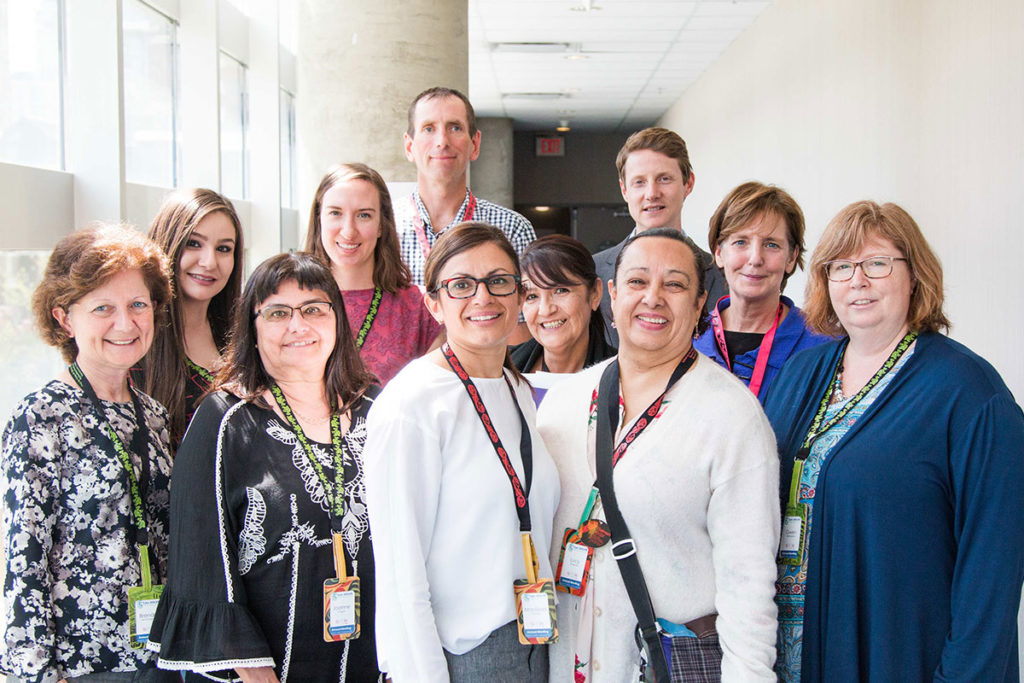
Supporting CKD in self-management
A Can-SOLVE CKD team completed the development and launch of a new online resource called My Kidneys My Health for supporting patients to self-manage their kidney health.
By the numbers
New Publications in 2021
Building Capacity for Innovation
Building Capacity for Innovation
Can-SOLVE CKD is uniquely placed to take a leadership role in enhancing Canada’s capacity for innovative kidney research.

We have undertaken the development of several new resources designed to bridge gaps in Canadian nephrology research and facilitate greater involvement of patient partners in the research enterprise. These tools will increase participation in research, enable robust clinical trials, and increase the skills and knowledge of all who take part in patient-oriented research.
2021 highlights
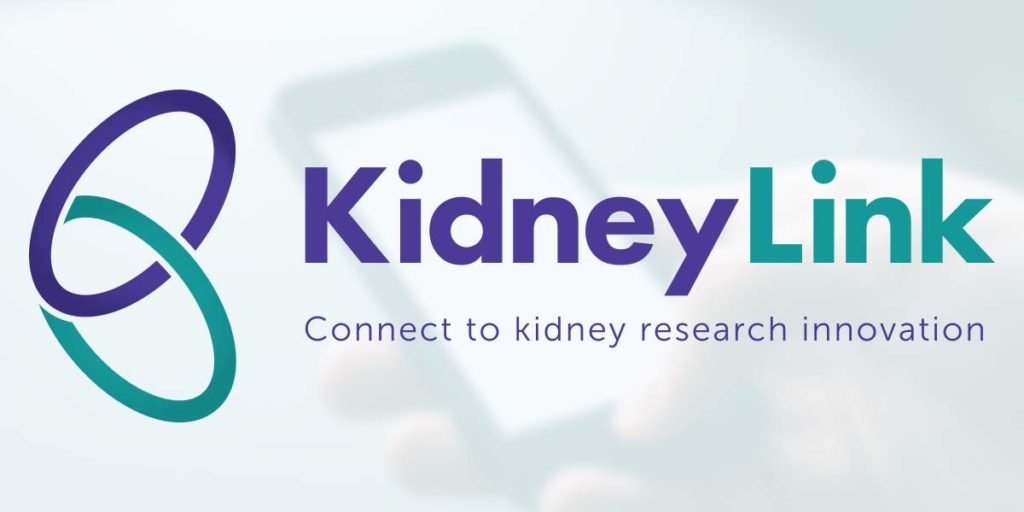
KidneyLink
Can-SOLVE CKD continues to support and enhance the KidneyLink portal, which connects patients to research opportunities.
By the numbers
Looking Forward
2021 marked an important transitional year for Can-SOLVE CKD.
While our research projects and infrastructure programs continued to advance patient-oriented kidney research, detailed plans for the network’s second phase were developed. In August, the Canadian Institutes of Health Research (CIHR) announced a brand new funding opportunity for SPOR Chronic Disease Networks, including Can-SOLVE CKD. This second phase will focus on knowledge mobilization and implementation science, presenting a unique opportunity to translate research outputs into policy and practice that will benefit all Canadians living with or affected by kidney disease.
In responding to the CIHR opportunity, we worked with our Sustainability Planning Committee, consisting of 13 patient partners in addition to academic researchers, clinician scientists, nephrologists, Indigenous Elders, policy-makers, and network staff. This strong base of knowledge and experience informed the creation of a vision for Phase 2 activities and a detailed grant application.
Building on the learnings of our first five years, Phase 2 will focus on:
- Conducting implementation science projects to mobilize, sustain, and scale up interventions
- Advancing Indigenous cultural competency
- Diversifying the kidney research environment to address EDI principles
- Supporting capacity building and partnerships for sustainable patient-oriented research

Financial highlights
Budgeted Spending for Year 5
Budget for Year 5 (excluding carry-over): $9,438,361
$4,864,139
Actual expenditures
Year 5 Actual Expenditures vs. Planned Spending
% of Total Actual Spending over Total Planned Spending
% of Actual Cash Spending over Planned Cash Spending
% of Actual In-Kind Support over In-Kind Commitment
Year 5 Actual Network-Wide Spending (Cash and In-Kind) by Category
Research
.
Research staff, trainees, contractors, and patient partners’ honoraria
Supplies, Materials & Services
Combined costs of equipment and information technology, supplies, educational materials and services
Stakeholder Engagements
All costs associated with the Can-SOLVE CKD Annual Meeting, workshops, conferences, and governance
Management & Administration
Compensation costs of administrative team supporting the projects and day-to-day activities of the network
Total Research Budget for 18 Projects and 5 Core Infrastructures
Can-SOLVE CKD Partner Funding by Category
Hover over graph for more info
Thank you!
Together we will transform kidney health for all Canadians
Connect
Contact
Heather Harris
Executive Director
778-235-2528
hharris@cansolveckd.ca

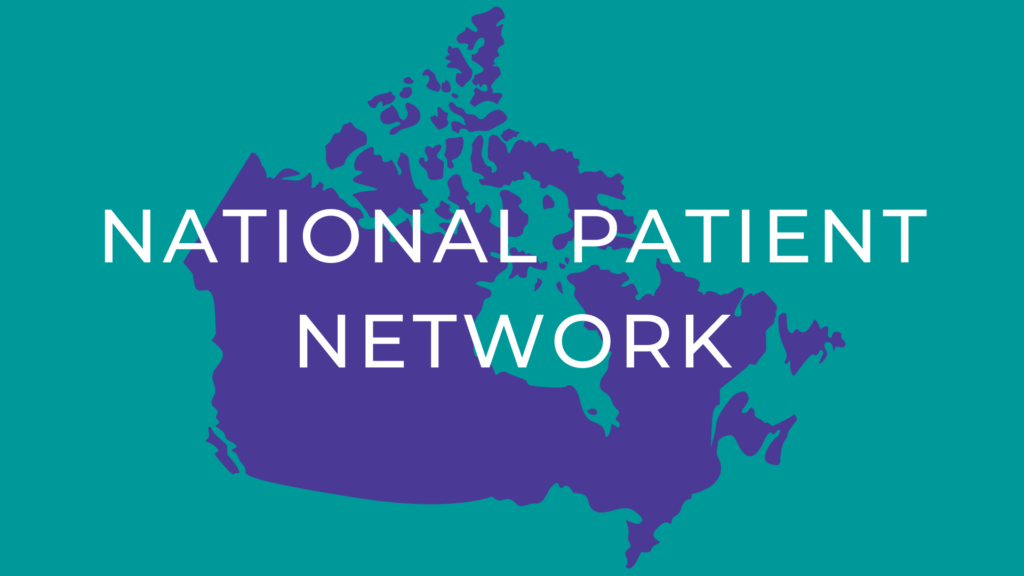
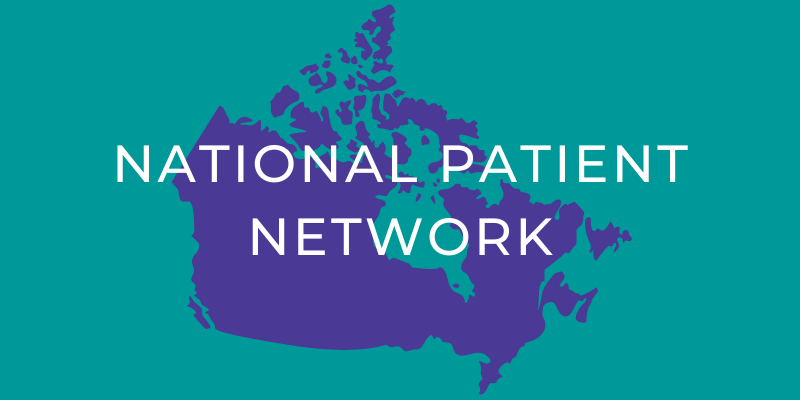
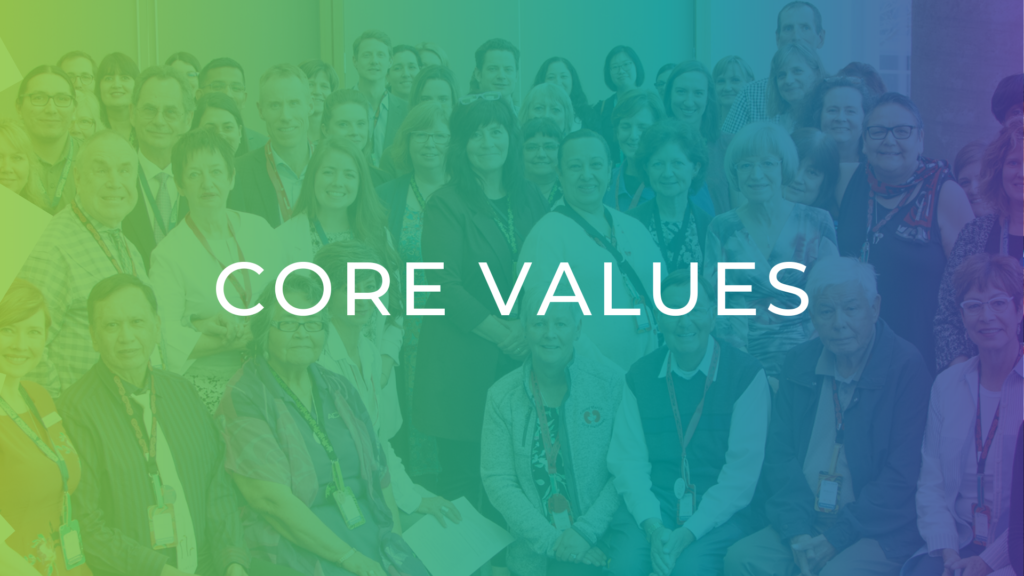
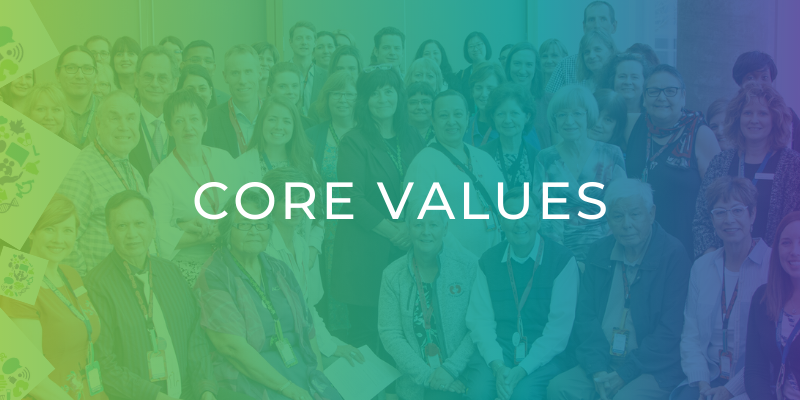
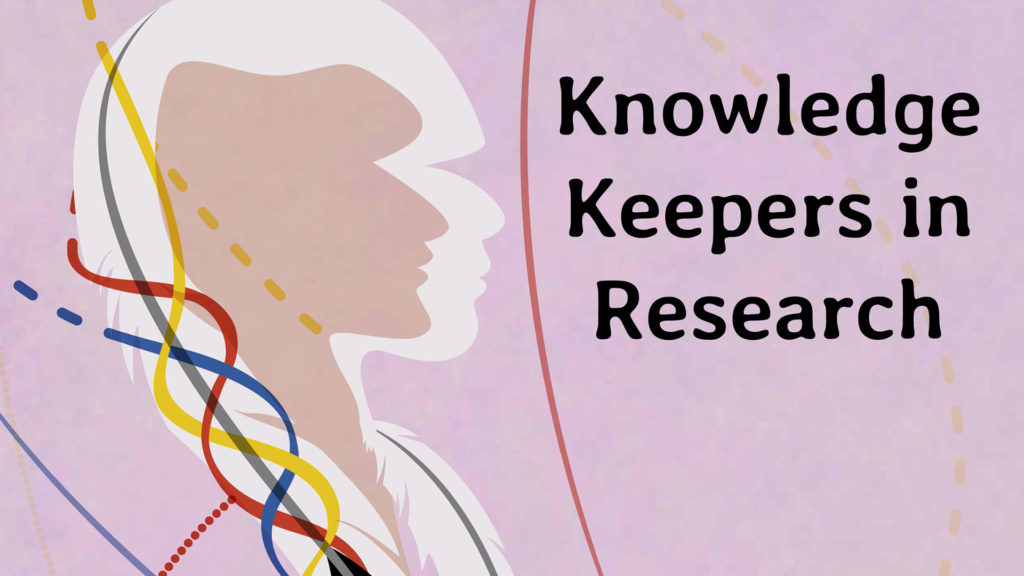
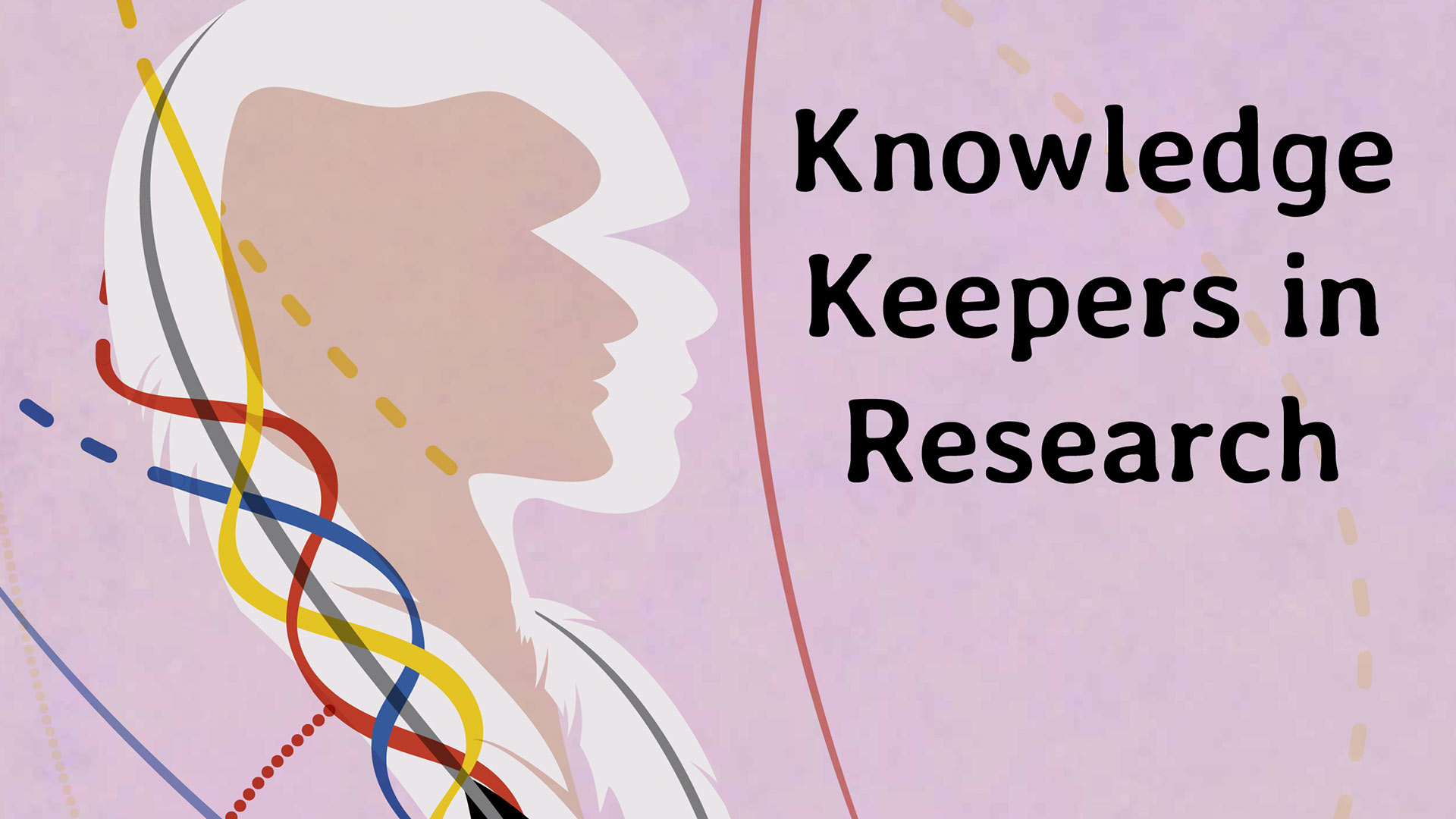
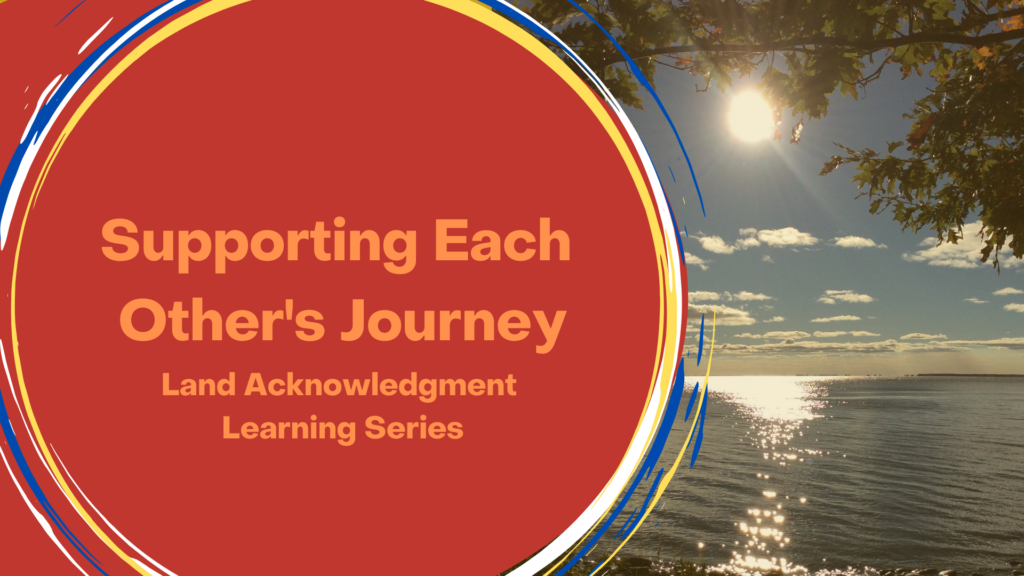


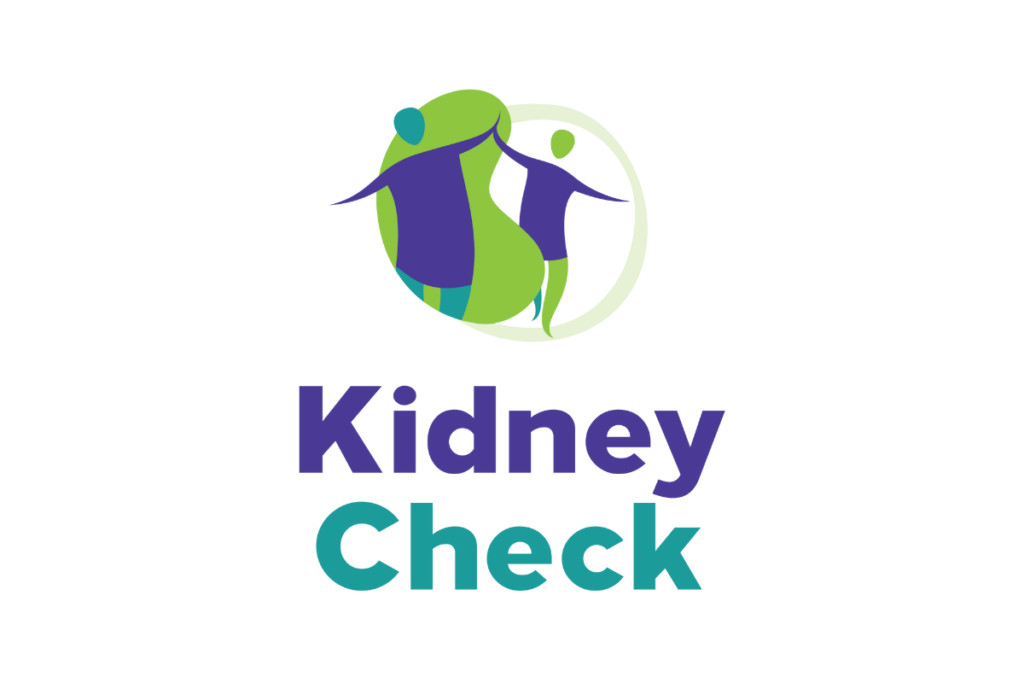
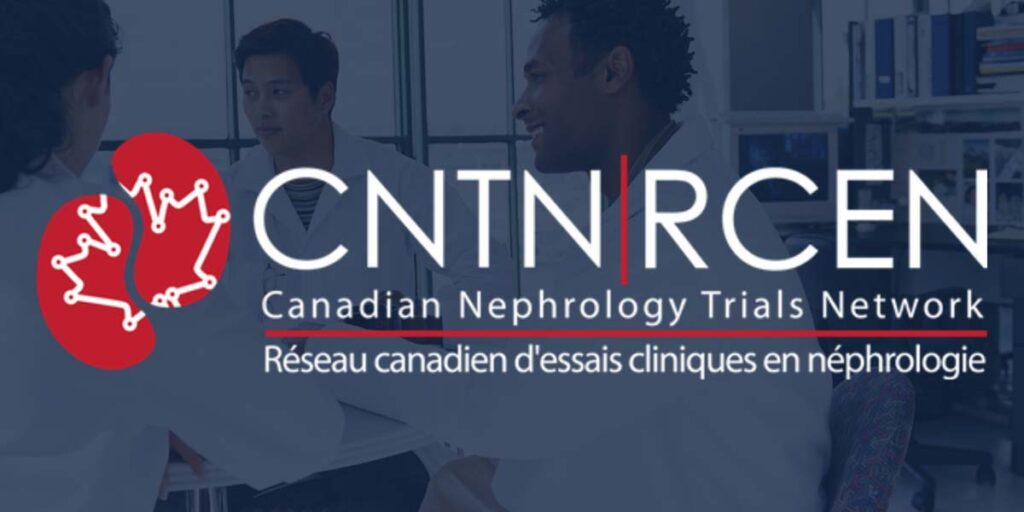


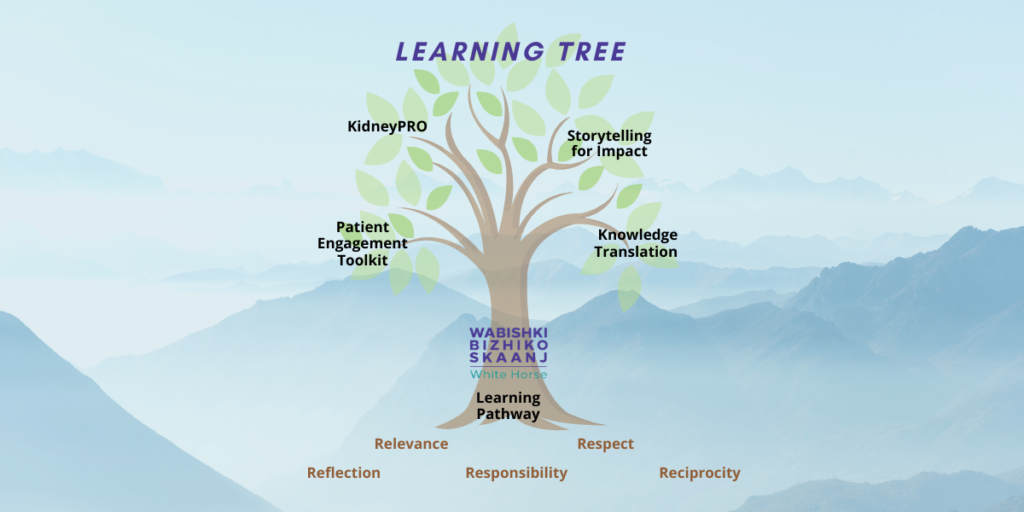
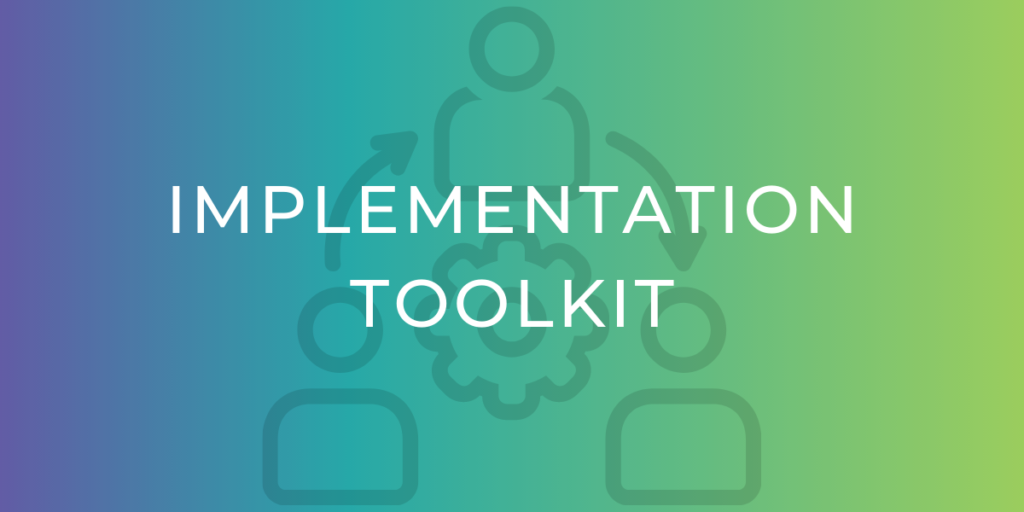
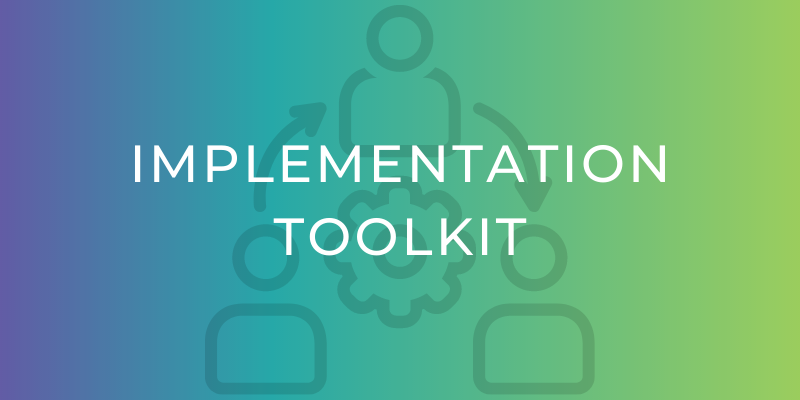
Connect with us